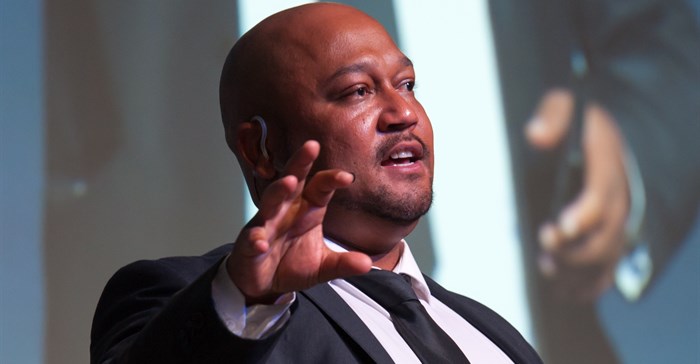It's definitely premature for South Africans to pack their bags and head for Perth. In fact, if we can look beyond the negativity of daily news reports, this country is still a great investment destination for foreign investors scouting the globe for strong socio-political structures supporting their investments.
“Yes, our democracy is facing very serious challenges. But we will probably be OK,” said political commentator Eusebius McKaiser at the 2016 i3 Summit hosted by Sanlam Investments and Glacier by Sanlam.
“Provided we do a certain number of things to entrench our fledgling democracy and the institutions needed to sustain it. Politics are complex and mercifully the quality of a democracy cannot be influenced by the ruling party alone.”
He went on to provide three arguments to support his view.
Designed wins and lawfare
Firstly, we are a society that is respectful of law and recognises the independence of the judicial system and the supremacy of the constitutional court. According to McKaiser we have some “designed wins” originating from the CODESA talks of the early 1990s.
If we compare our democracy with other democracies around the world, we come out pretty good. Strife between the state and the court can be expected. Democratic states worldwide routinely try and fight court judgements that force them to act in the best interest of the citizens. “Lawfare” is not a reason to despair. Our judicial system remains a bulwark against the democratic failures of the state.
Well-functioning civil society organisations
Secondly, we have excellent civil society organisations in all the important sectors, putting pressure on governments – and corporates – to behave in the interest of the citizens. The TAC is one such an example. Another one is pressure group, Equal Education, which got the government to agree on minimum standards for a functioning school.
“When you have well-functioning civil society organisations they are as good as a strong opposition party, and we have those,” said McKaiser.
Competitive politics
Finally, opposition politics is the lifeblood of a democracy. Competitive politics is becoming entrenched and making it harder for the encumbent party to become arrogant. As the results of the municipal elections on 3 August showed, South Africa is well on its way to becoming a true democracy, with some of the metropoles in particular ending very close to a tie.
Private sector not doing enough
“While we have the three most important components of a democracy in place, it is also vital for the private sector to step in to bolster our democratic strength. Yes, we still have strong civil society organisations. But the weakness is that many of these organisations are seriously underfunded. We see more and more Scandinavian funders withdrawing funding, reasoning justifiably that our democracy is now mature. This creates an opportunity for the private sector in South Africa to step in.”
“The private sector is not yet doing enough. And it really starts with how we structure our BCom degrees in this country. There is still too much of a focus on profit and efficiencies and not enough on justice and fairness,” concluded McKaiser.















































